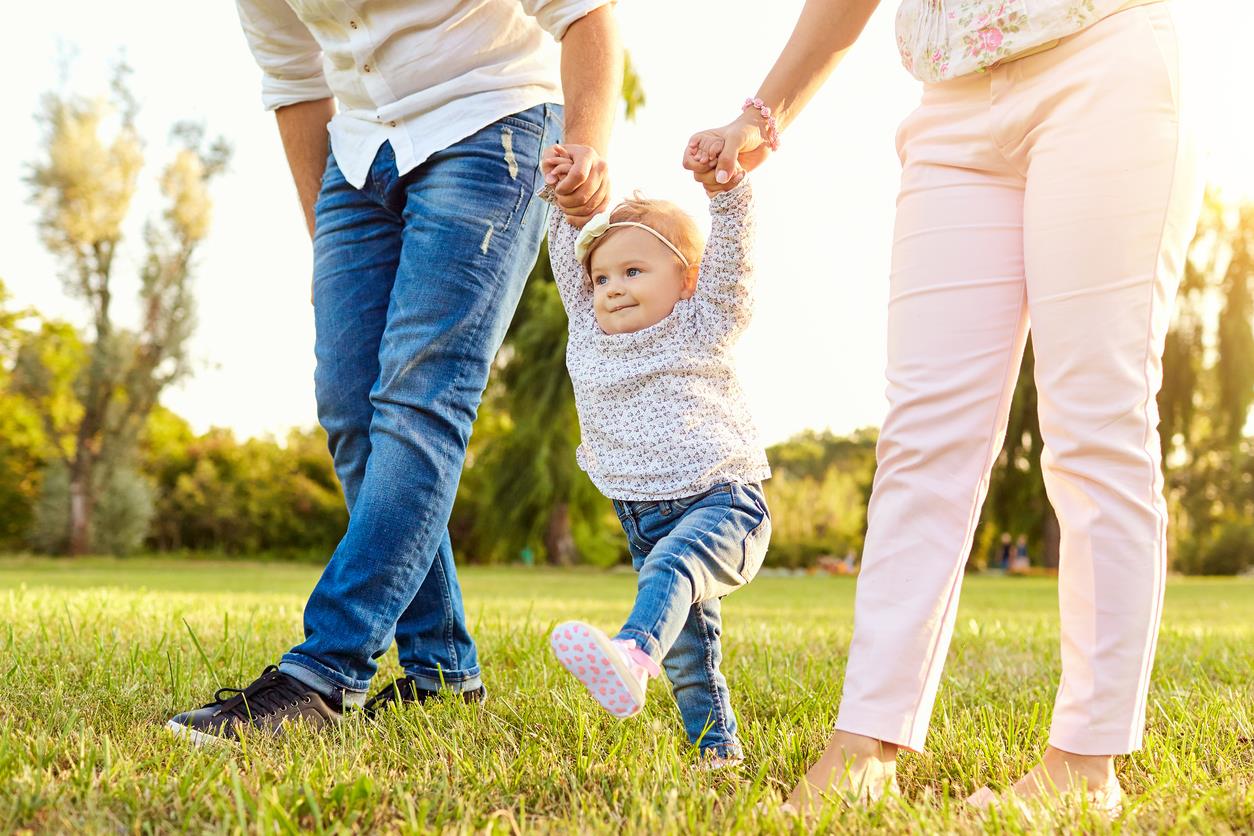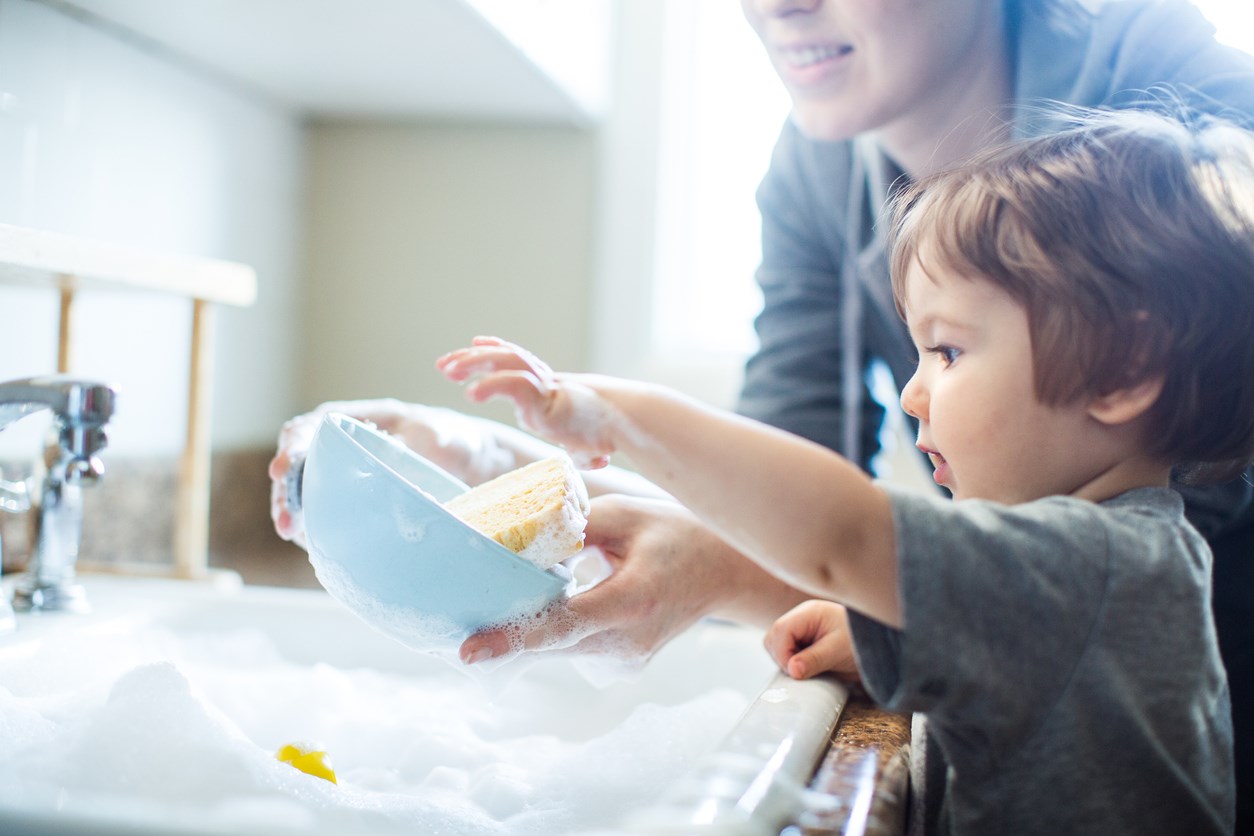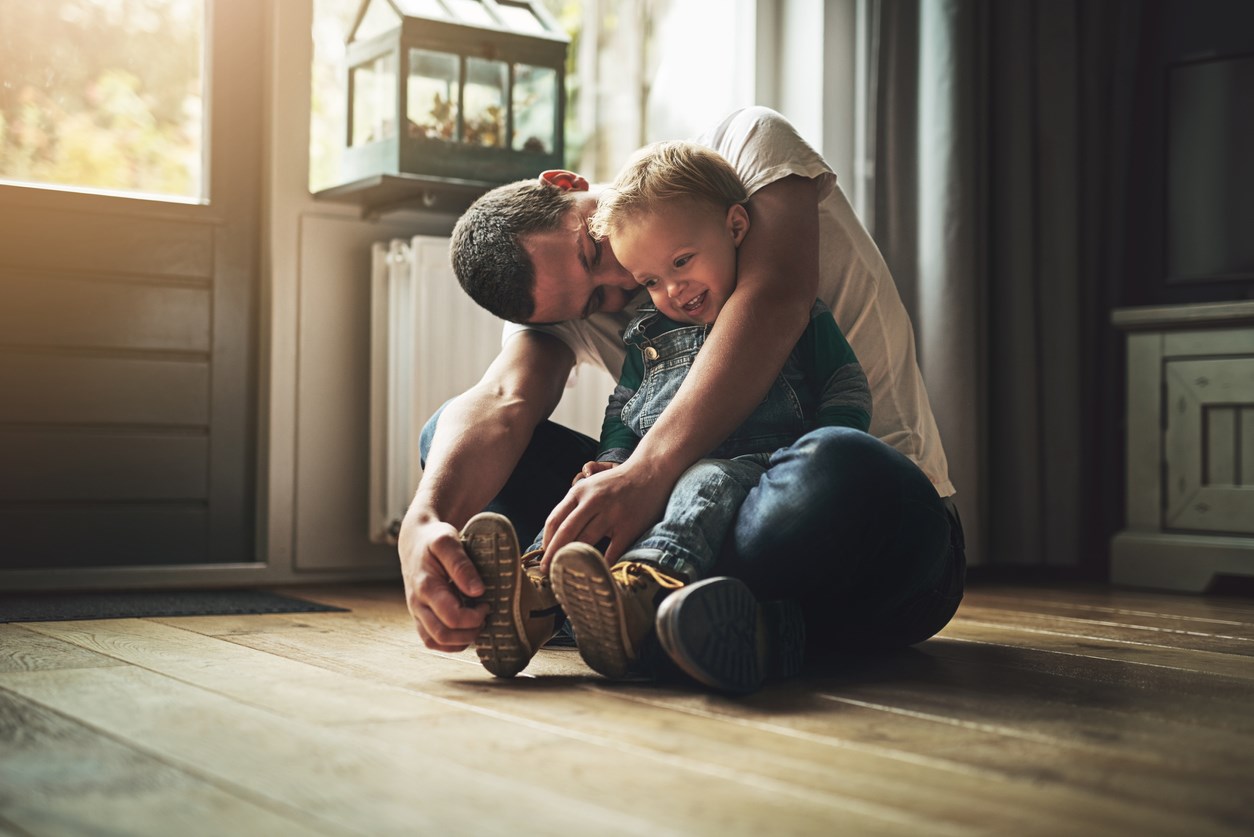Building Resilience in Children

Resilience has become something a hot topic over the last few years, and it’s easy to see why. According to Mental Health Ireland, issues among youths are on the rise, now affecting about one in ten children and young people. Building resilience in children so they can cope with life’s challenges is key to them becoming healthy, well-rounded adults. So how can we help our children become more resilient? It’s easier than you might think. Parenting expert, Sheila O’Malley, shares some simple tips.
Show Unconditional Love
“Unconditional love is about being loved for who you are, not what you do,” Sheila begins. For example, if your child comes home with top marks on a test, praise their effort, but let them know you don’t love them any more for that score. Shelia recommends setting aside one-to-one time with your child that’s not attached to any particular achievement. Be clear that you’re doing it because you like spending time with them as a person.

Chores
“If you want to nurture a sense of responsibility in your child, entrust them with tasks,” Sheila reasons. Children need to know they can make a contribution, and helping out around the house helps foster that idea. They can partake in chores from a young age. “Start at the beginning, with small things”, says Sheila. “At three, you can dust down your chair, at five you can fold your towel after a bath. Assign little jobs all along the way that are age-appropriate.”
Recognise Effort
Children are learning new things every day, and when we learn, we invariably make mistakes. Too much focus on perfection can make a child afraid of failure. Always recognise the effort a child has put into a task. “Make no mistake, children love to learn,” Sheila explains. “But if you make a child feel bad over a mistake, they’ll back away.” Instead of critiquing, recognise the effort by saying things like, ‘you’ve put a lot of work into that.’”

When You Step Back, They Step Up
“It’s important to teach children to problem-solve,” Sheila continues. “In simple terms, if we want to make them really resilient, parents have to step back.” As tempting as it is to do a difficult task for a child, it’s not helping them in the long run. “Be there to lend a helping hand”, says Sheila. “When teaching a new task, you do it first, then try it together. Finally, allow them to do it alone, while you stay close by. Let them make mistakes, because that’s all part of learning.”
Be Kind to Yourself
If you want to build resilience in your child, it might be beneficial to work on your own, too. “You have to change how you talk to yourself”, says Sheila. “Instead of listening to your inner critic, note how far you’ve come. It’s about changing that relationship with yourself, by accepting that mistakes are part of learning, and embracing a sense of self-compassion. A resilient parent will create resilience in a child.”